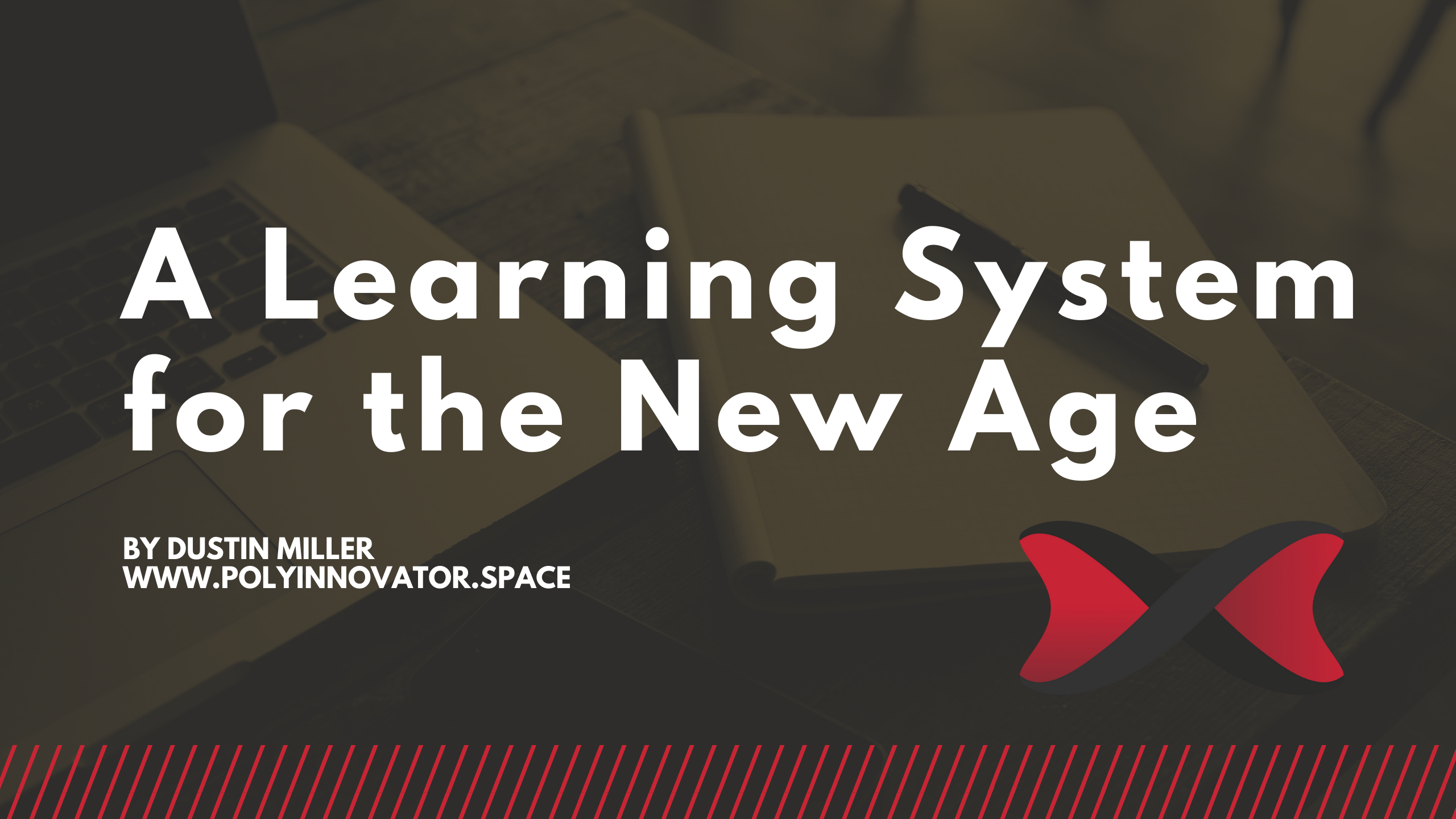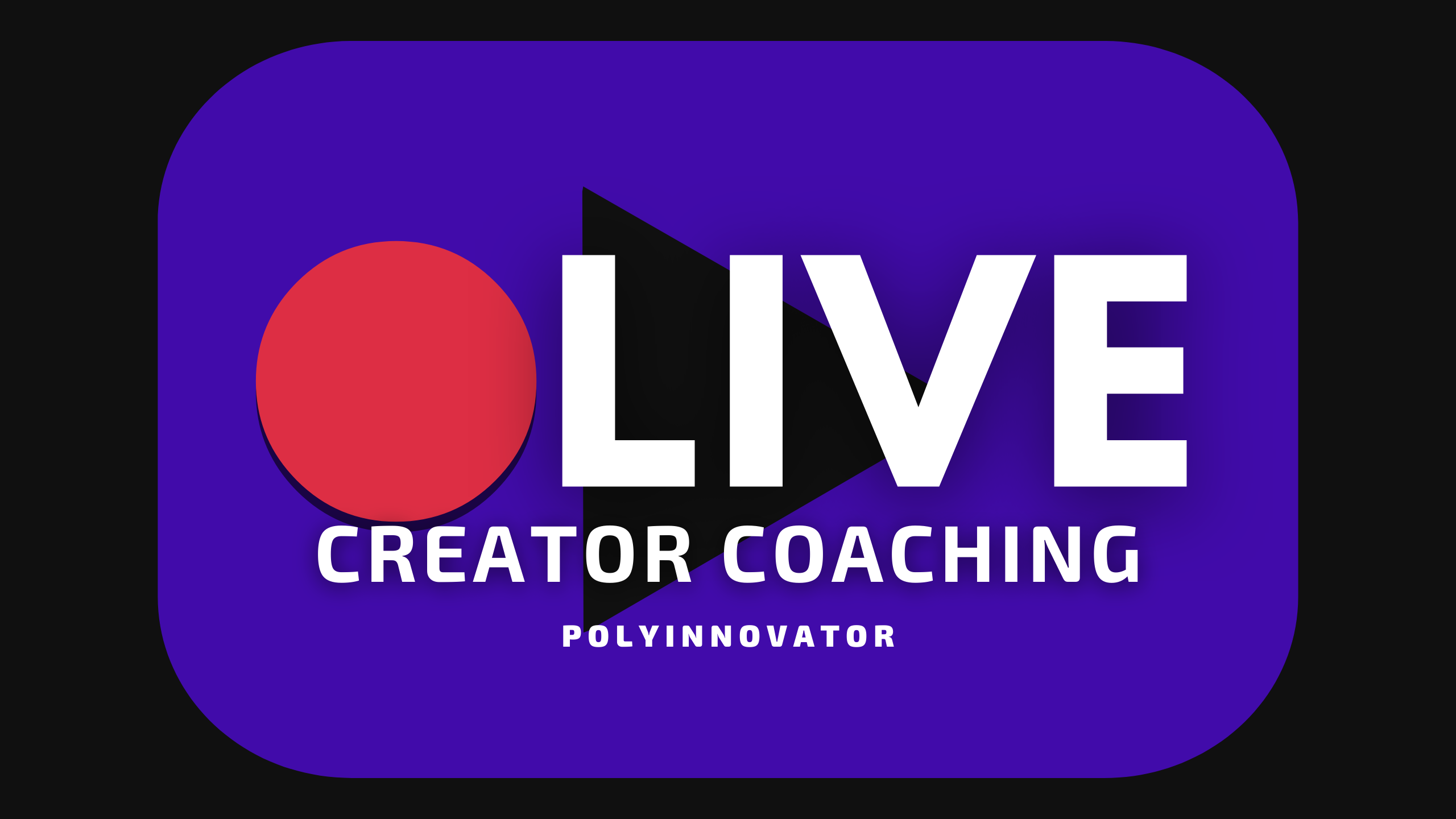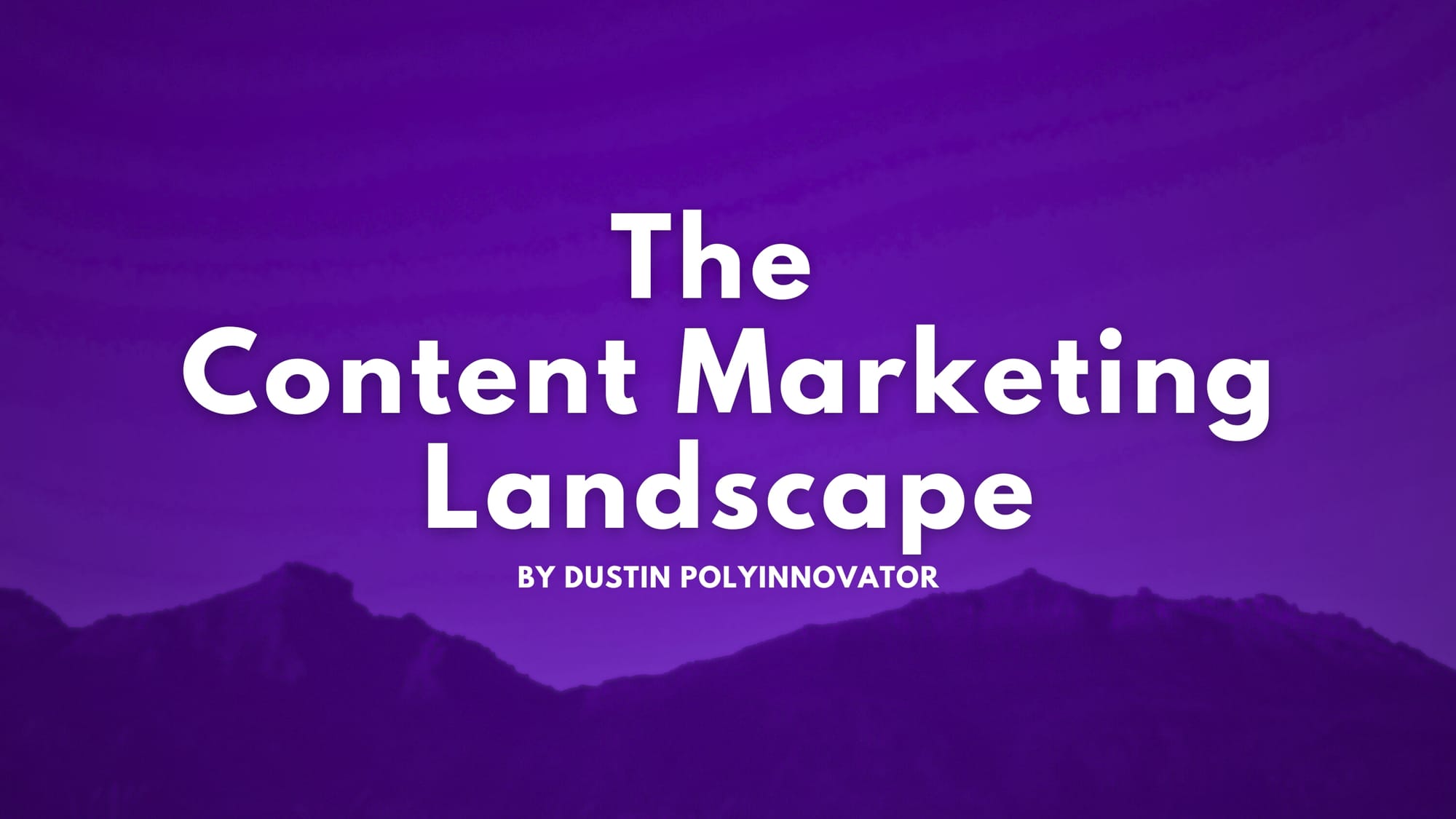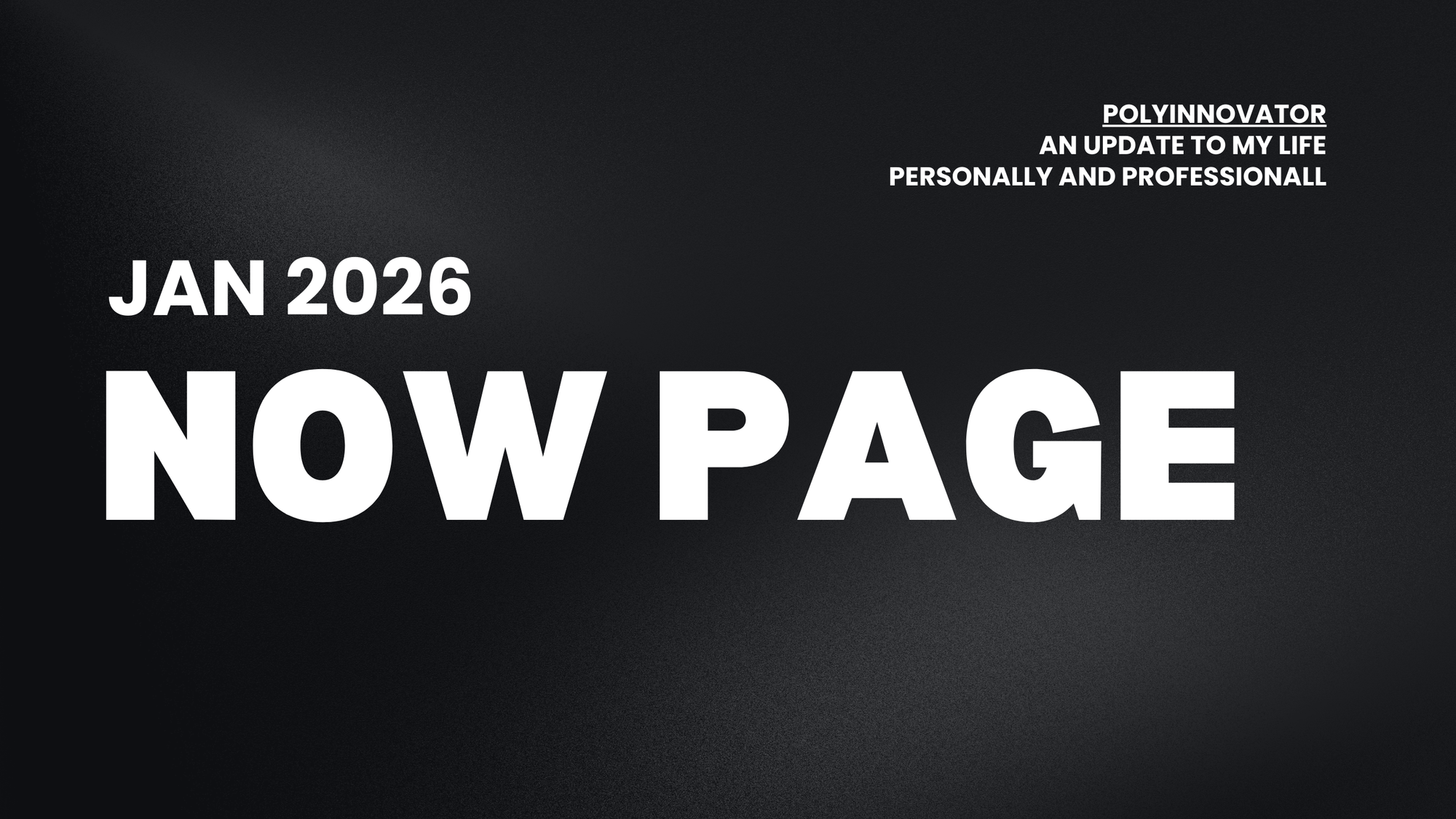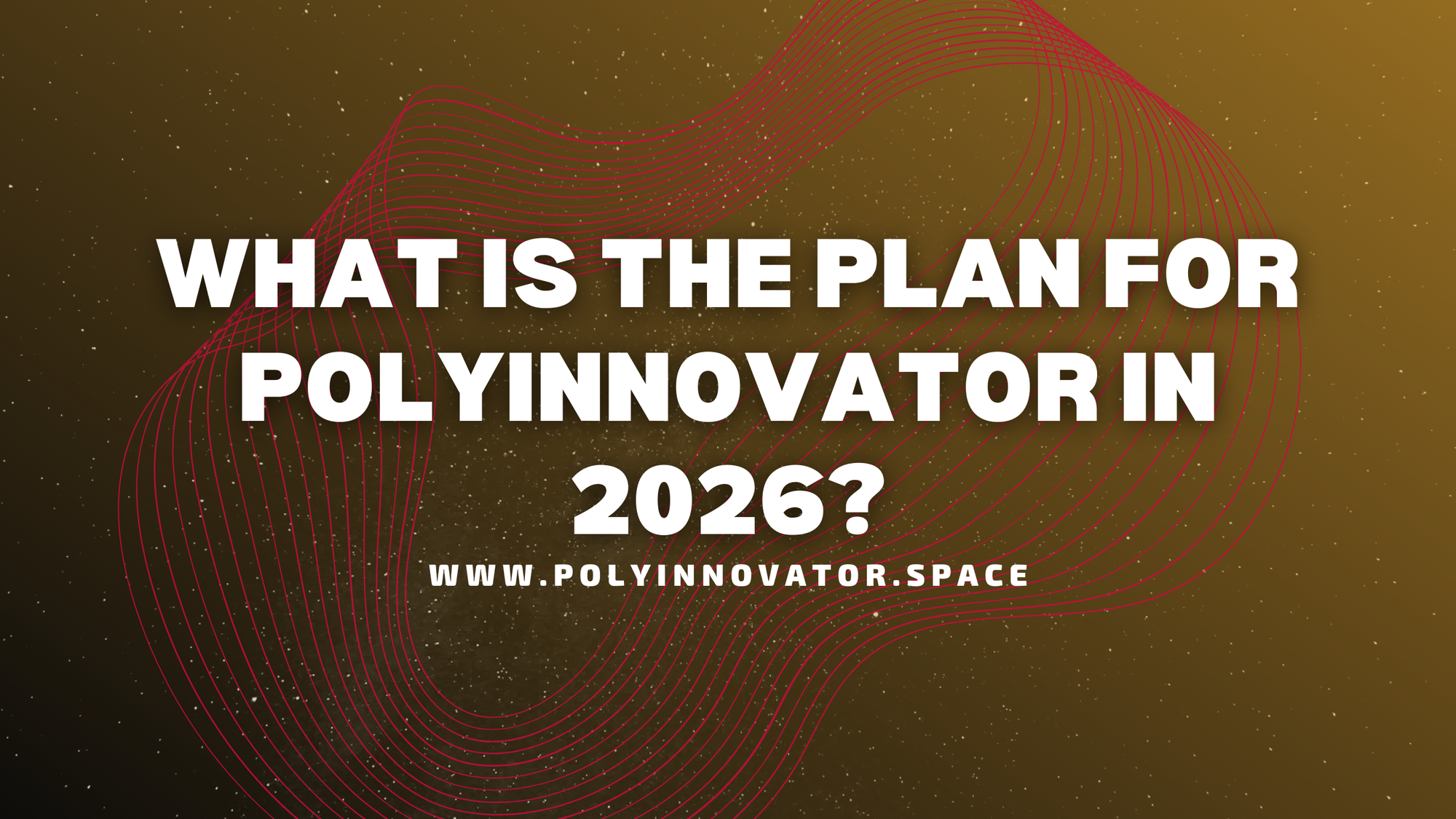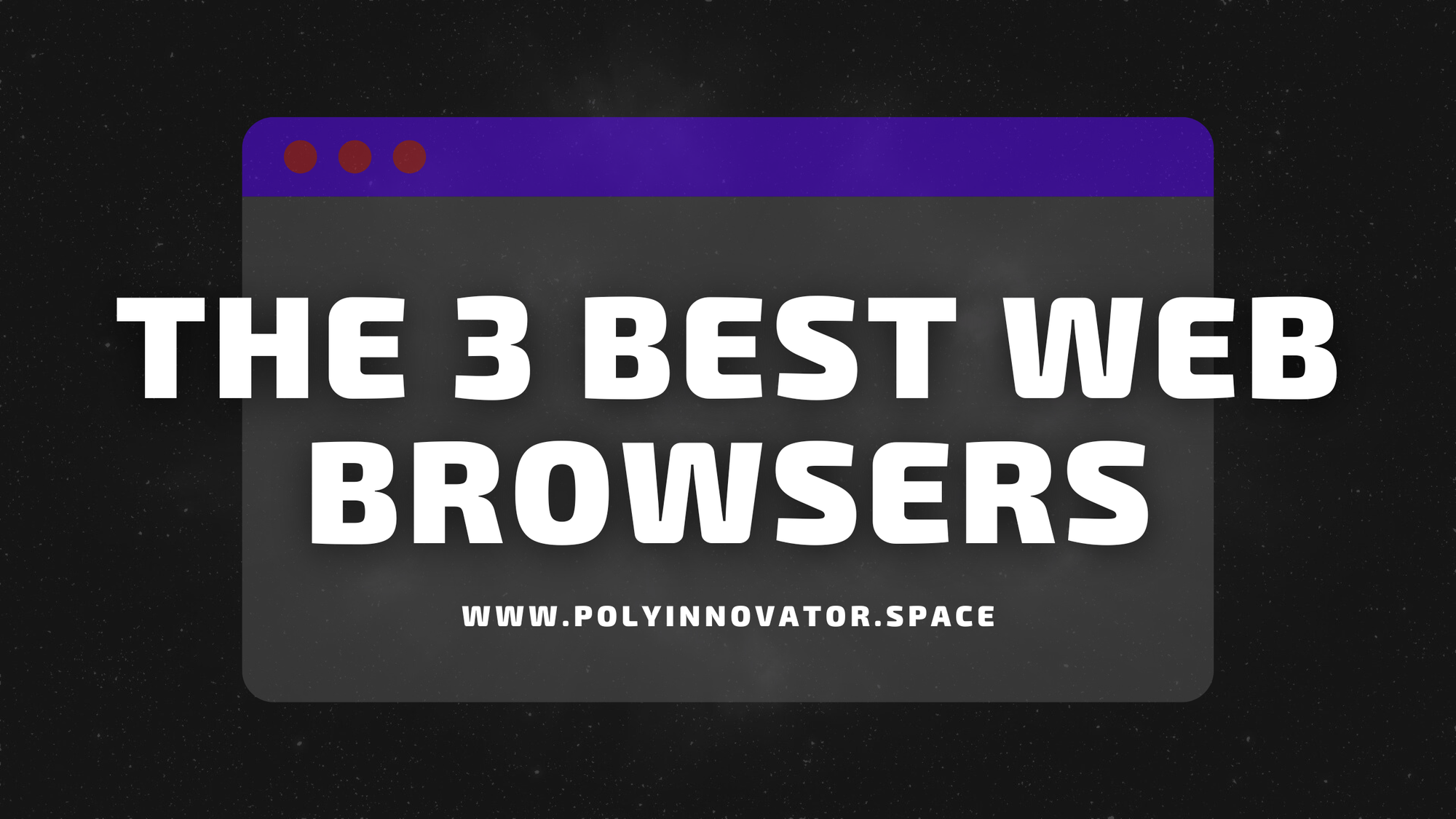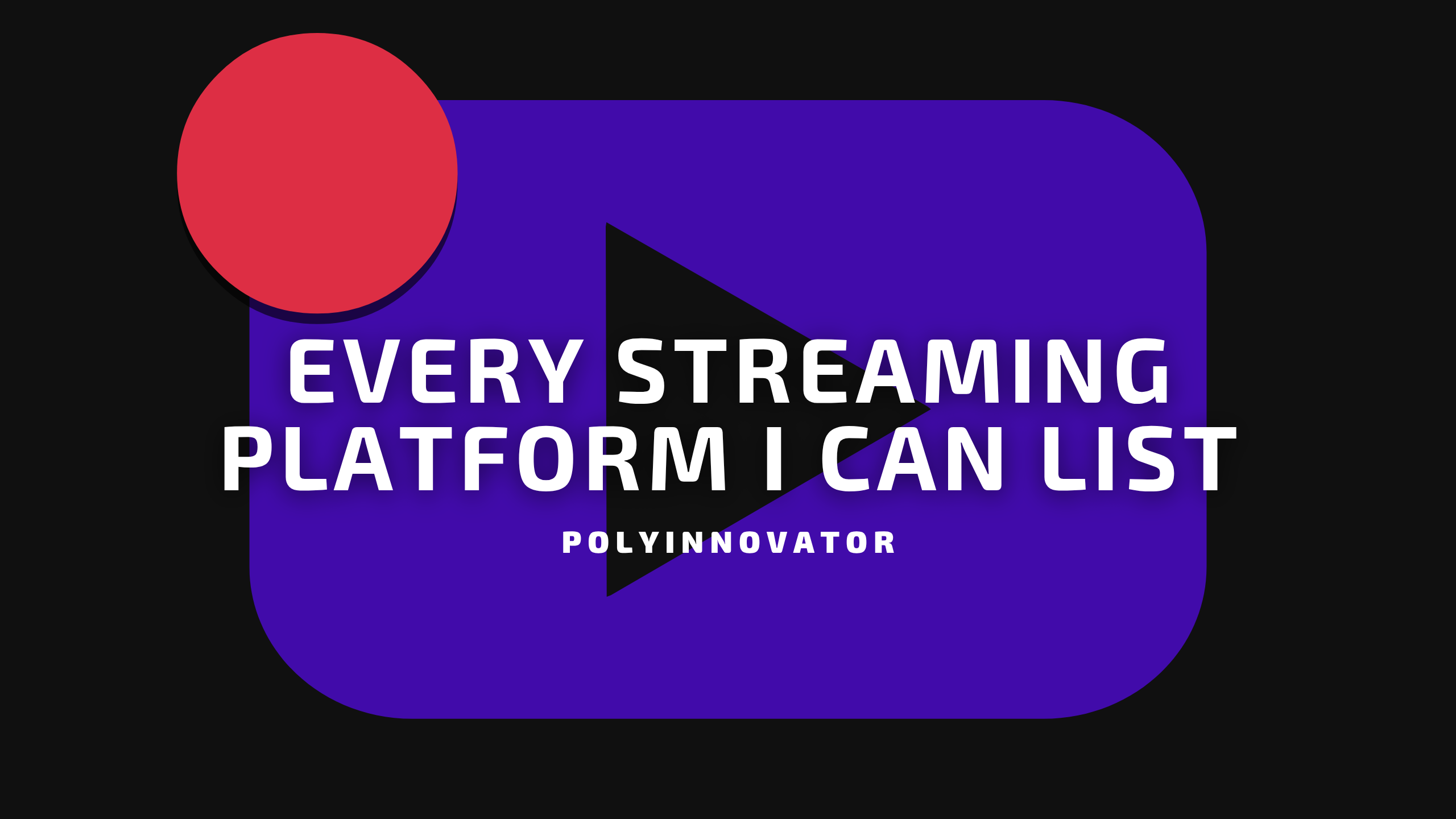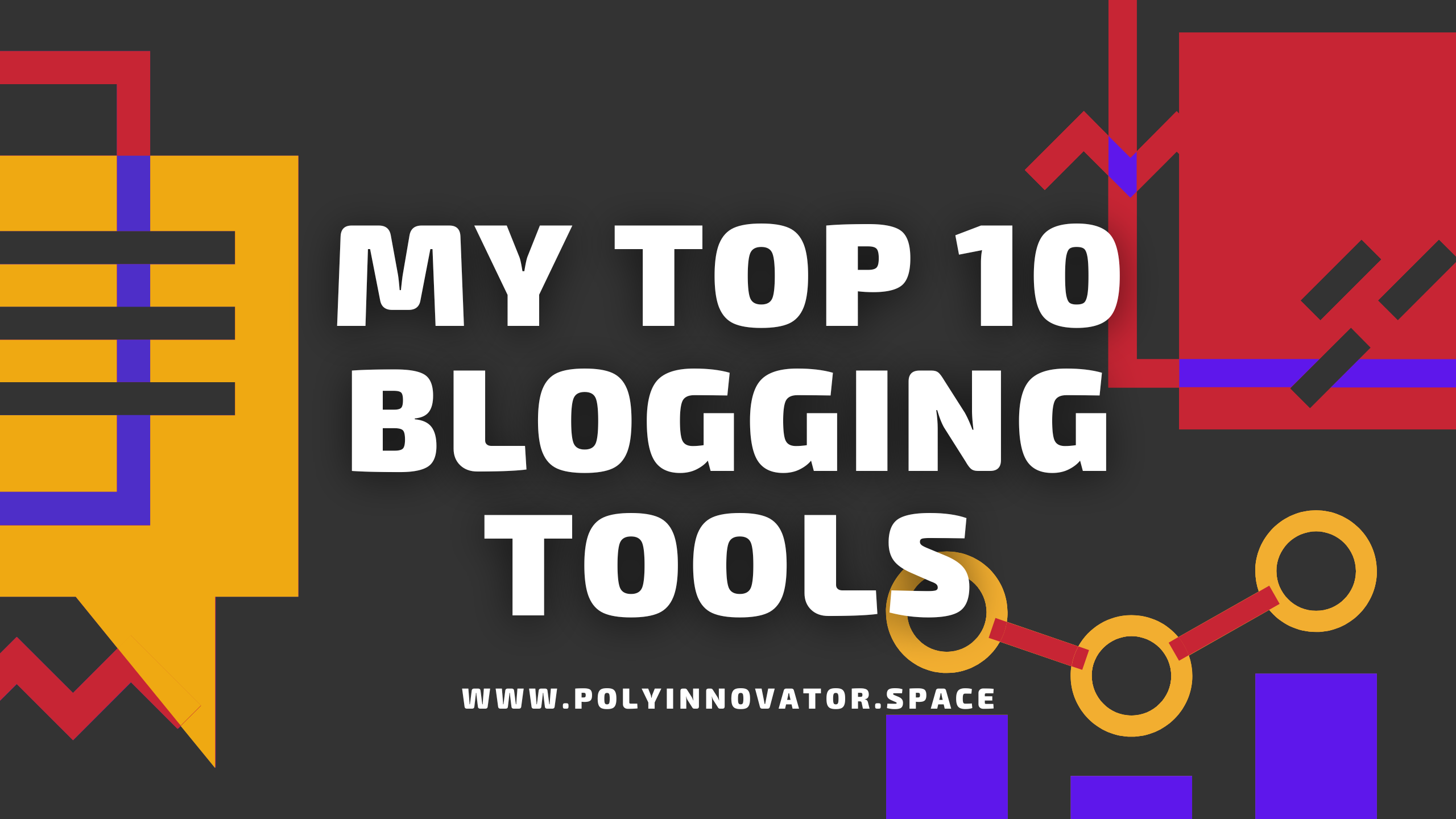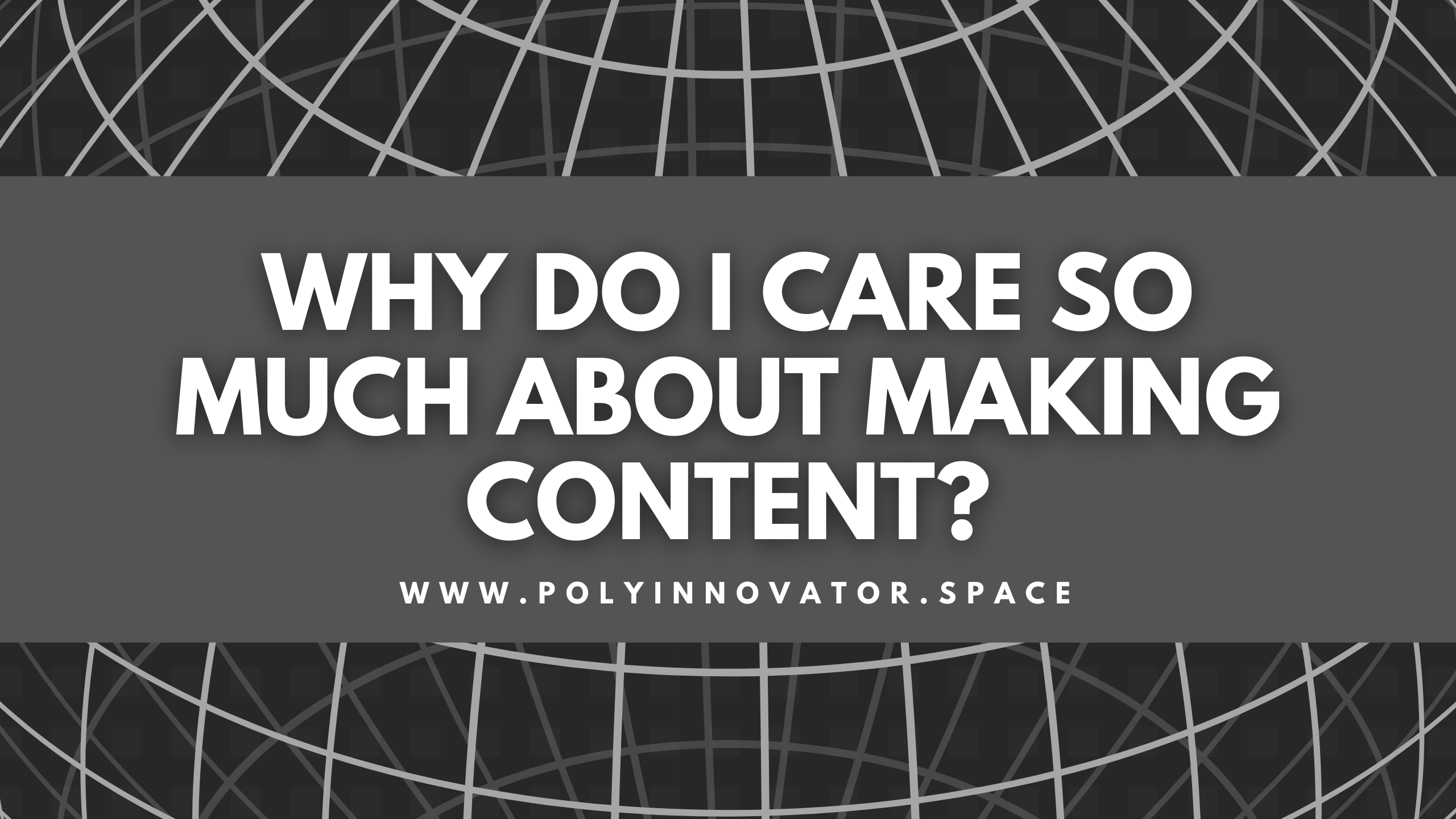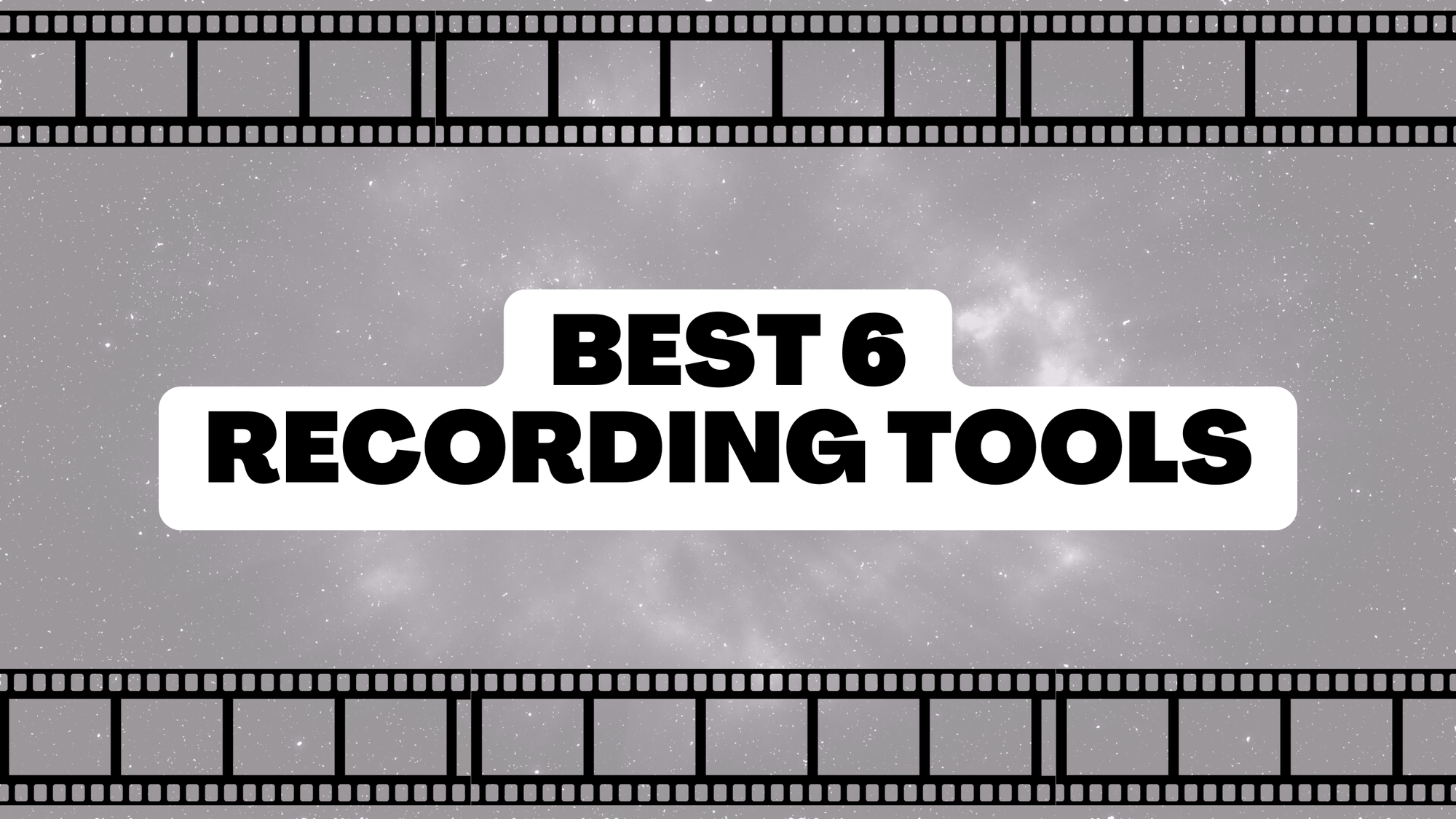All day today instead of creating blog posts, or the videos I need to work on, I have instead been working on the Modular Degree template. Probably much more important in the long run anyways.
The ideas I talk about on this blog are just that, ideas, at least until I can provide a method for people like YOU to use them. I made my own Modegree, and so I have had mine. Over time I have changed it all a lot, from having over 450 courses, and eleven semesters in my original DIY degree. Now it has just about half the semesters (don't really need all of them, except I like the organization), and less than a fourth of the courses.
I collected all of them using Google sheets, then Airtable, and now in a much more efficient way with Notion.
It is interesting because I have completely revamped the Modegree once again. Instead of a simple database for courses I have now put it all into a large collection of tables for various content types. From the basic articles to the long books, the digestible podcast to the gargantuan audiobooks, and the varying videos to the long form MOOC's/Courses. They all have a place in your learning, and we should do something with them.
Input and Output
Something I've been learning a lot about, and realized ever more so with the PolyInnovation OS. Is that there needs to be a flow, for you can't just have a river with the lake above, and no outlet. Things will flood, and you won't be able to contain it all.
Same goes for your brain, the short term memory will start to overwrite concepts you've learn, with the new ones you're learning. Most of it doesn't go to your long term memory without pushing it, and even if it does that doesn't mean you understand it. So by braindumping into notes, and taking the steps to understand it. Then you can concrete the information more so in your mind, and then eventually transform that into an output.
What can that Output Be/Look like?
Speaking of what you can do to use the information effectively. I am partial to the idea of building your own personal brand. All that is, is an online presence, usually with content and a cohesive branding of who you are. When you create content for example, that then becomes your essence online. If you were to create content around the stuff you are learning, then you prove to the world that you understand the information to a degree.
Whether that is high or low depends on the quality of the content of course, but also you can start building a reputation in the space of the area you are learning about. Often many people pursue a tradtitional degree, or Modular Degree, for the chance to work in that very same field.
If you can prove that you know things about the field, by creating the content then it is a win-win. This is the philosophy of Discover Praxis and Grant Nissly's MyMBA as well.
A Content Management System for Learning
I can hear you saying, "but Dustin that is just a Learning Management System (LMS)!". No, and let me explain: A LMS is built for linear courses, and most of the time that only accounts for video/written/testing modules.
Very few of them include audio content, and even less of them include things audiobooks or articles, that are outside of the particular brand. They serve one function, to line up a collection of pre-curated learning materials that are strung together. Now that isn't inherently a bad thing either, we do need those, but they are a dime a dozen.
What CMSL is meant for, is to be a holistic collection and usage system. If someone finds a link to an article they want to read, especially if it pertains to an area of interest for their career, then they need a way to collect it and use it.
The Modular Degree Framework
The idea of collecting is nothing new, and for me especially I spent a ton of time in my youth collecting things. I had a fascination of Pokemon cards, collecting around 2000 of them, and in other examples collecting pixel art. In essence my life is about collecting, and so I know the skill well. This lead me to collect courses for my own personal growth.
I created a system since I am systematic thinker inherently, and I wanted to share this with the world. I created video content at the start of PolyInnovator in order to document my journey through my own DIY Modegree. That ended up taking a turn when I started focused more on created content vs documenting.
Expanding upon the system, and changing tools the ideas evolved. Now in a format that is more presentable, I am now creating templates for others to use.
Articles
When reading articles there are often a lot of takeaways people could keep, but they don't most of the time. It is a one off thing, and people (including myself) can forget what we learned.
Using the Notion Web clipper is a great way to keep the article for future recollection. I found out a couple of old bookmarks of mine that I have gone back to many times, are now gone. I managed to reach out to the writer, and find the new link to one of them, but now the other is gone for good.
Keeping the articles and takeaways can also compound. (Roam research is great for this)
Podcasts
This audio format is notorious for the difficulty of keeping great ideas at easy access. Readwise from what I am told is great for things like books and audiobooks, but for now podcasts are down to the app you are using. You can learn a lot from the format however, and many times there is information only available in THAT format.
Videos
We are a visual species, and although video is not the format for everyone. There is a difference in how we learn information for us all through video. It is a powerful medium, and if we properly take in the information you can learn a lot very quickly.
Tip: Learn to speed it up, and comprehend it.
Books
These are like a lifetime's worth of knowledge in the format that would take a few hours to consume on average. You can learn so much from books, but you can also forget a lot. Start documenting what you learn from the text you are going through.
Audiobooks
Quite like videos you can speed these up, but they have a ton of information like books. So they can be a massive resource. Bit hard to track, but worth it if you do.
Courses
Honestly these are a bit old school IMO, and there is a prime chance for disruption. The skill tree based courses I am working on are that endeavor. Howeve the linear format causes a lot of people to leave, and not finish the course. If we find the way to interest the learner even more so, then they will stick with the course until the end.
The Modular Degree Platform
The idea for the platform is that of combining all of the above. We need a place to centralized the combined knowledge of every content online. Sure there are the aspects of Class Central that do a great job, and you can always make a Resonance Calendar. However those are limited in their own rights, and we need a holistic system that accounts for all possible learning materials.
Ideally too gamifying the process in the actions you take, and making everything more engaging that way as well.
The goal is to be able to make your own Modegree, then if you choose, to share it with others so that they can try it too. The peer based learning community will grow, and with AI and Digi-mentors you can expand your horizons even more.
Doing Something with this Internet Renaissance
Everything going on in the world through the internet is all brand new to our species. We are in the midst of the 4th industrial revolution, as well as a time where information is readily available. How do we make use of that information, let alone keep it around for future use?
Yes, we do still need to keep it around, and memorize too. Although we need to relearn how to learn, and change our ways of approaching education. Especially in the online sense.
![Official Website for Dustin Miller PolyInnovator [LLC]](https://polyinnovator.space/content/images/2025/03/polyinnovator-logo-2024.png)

